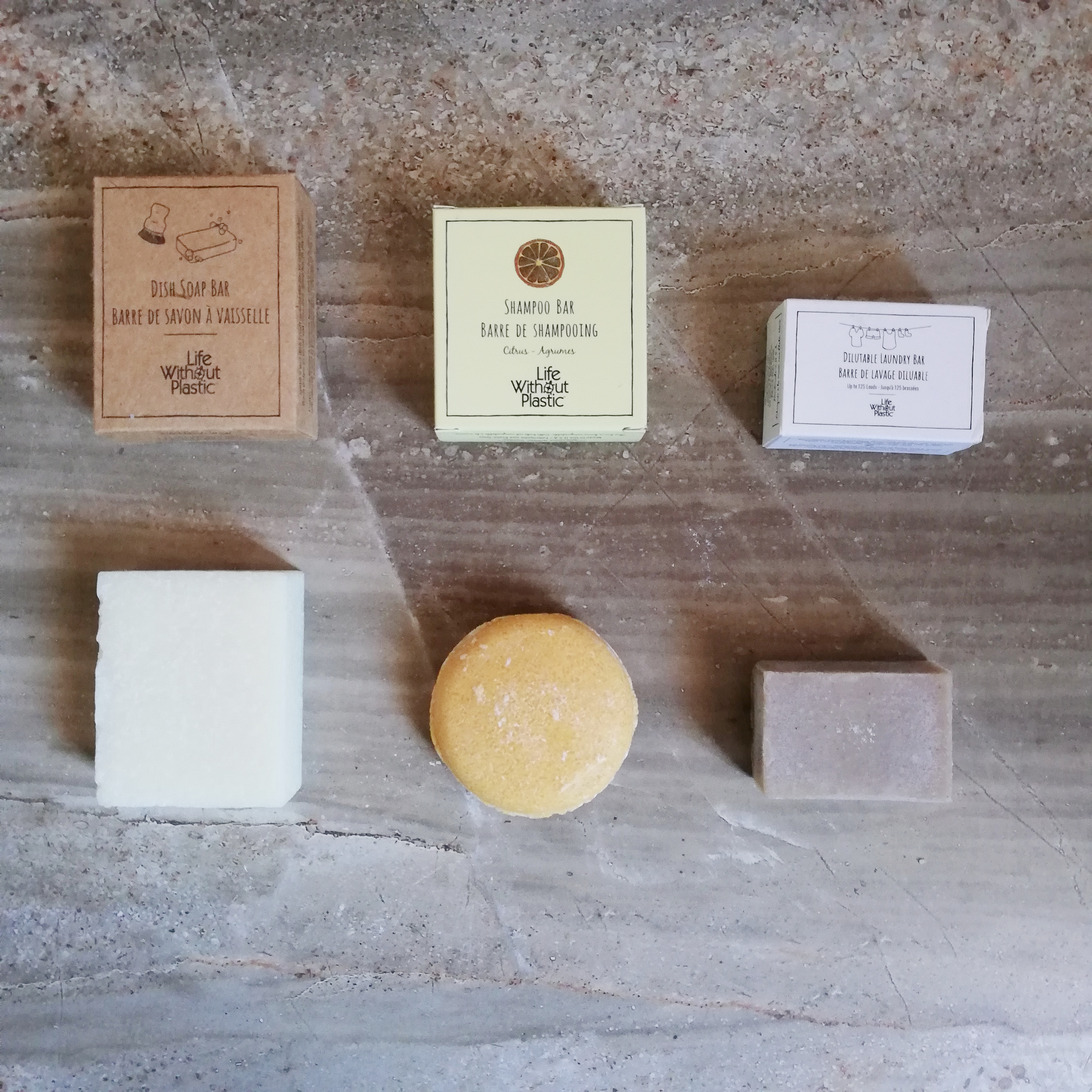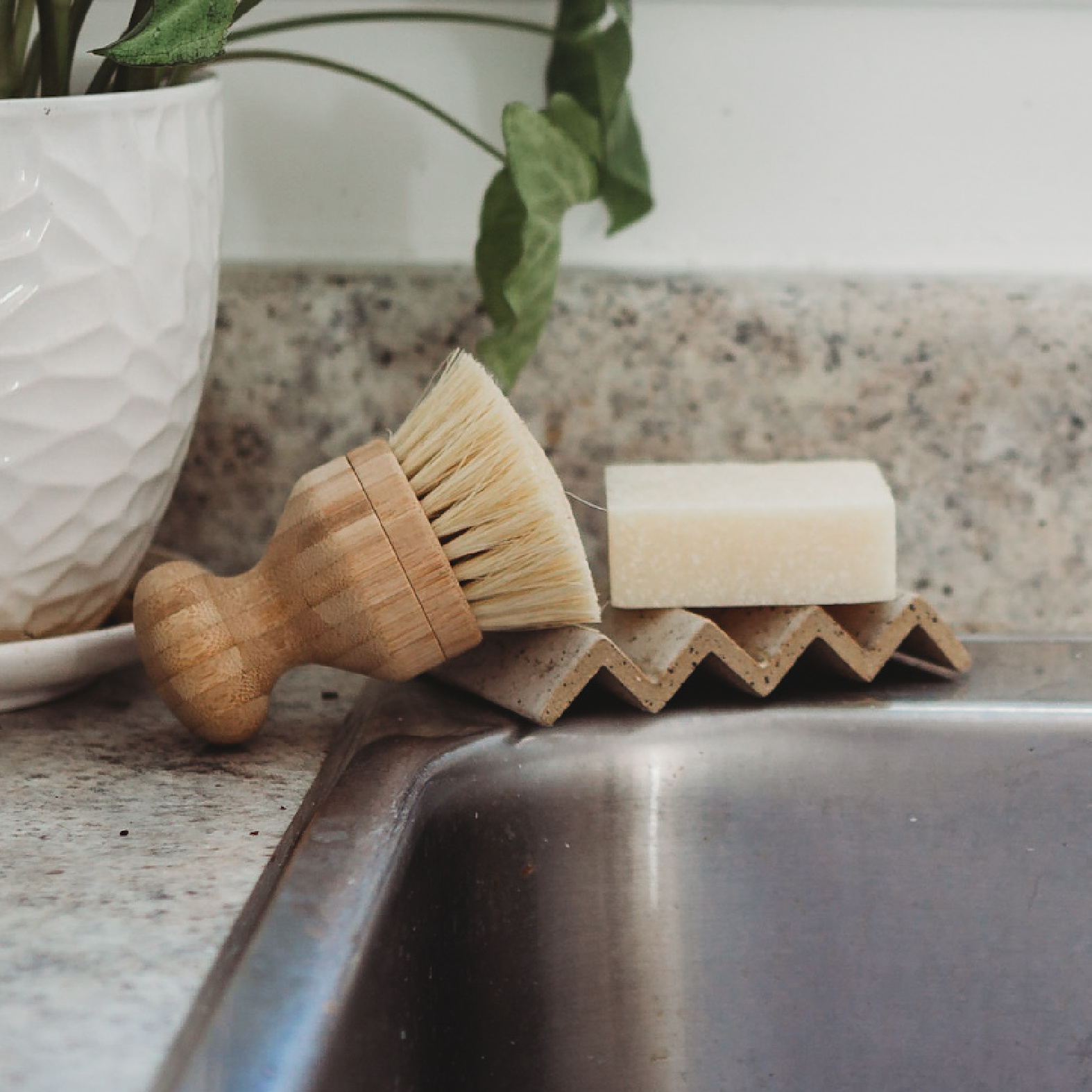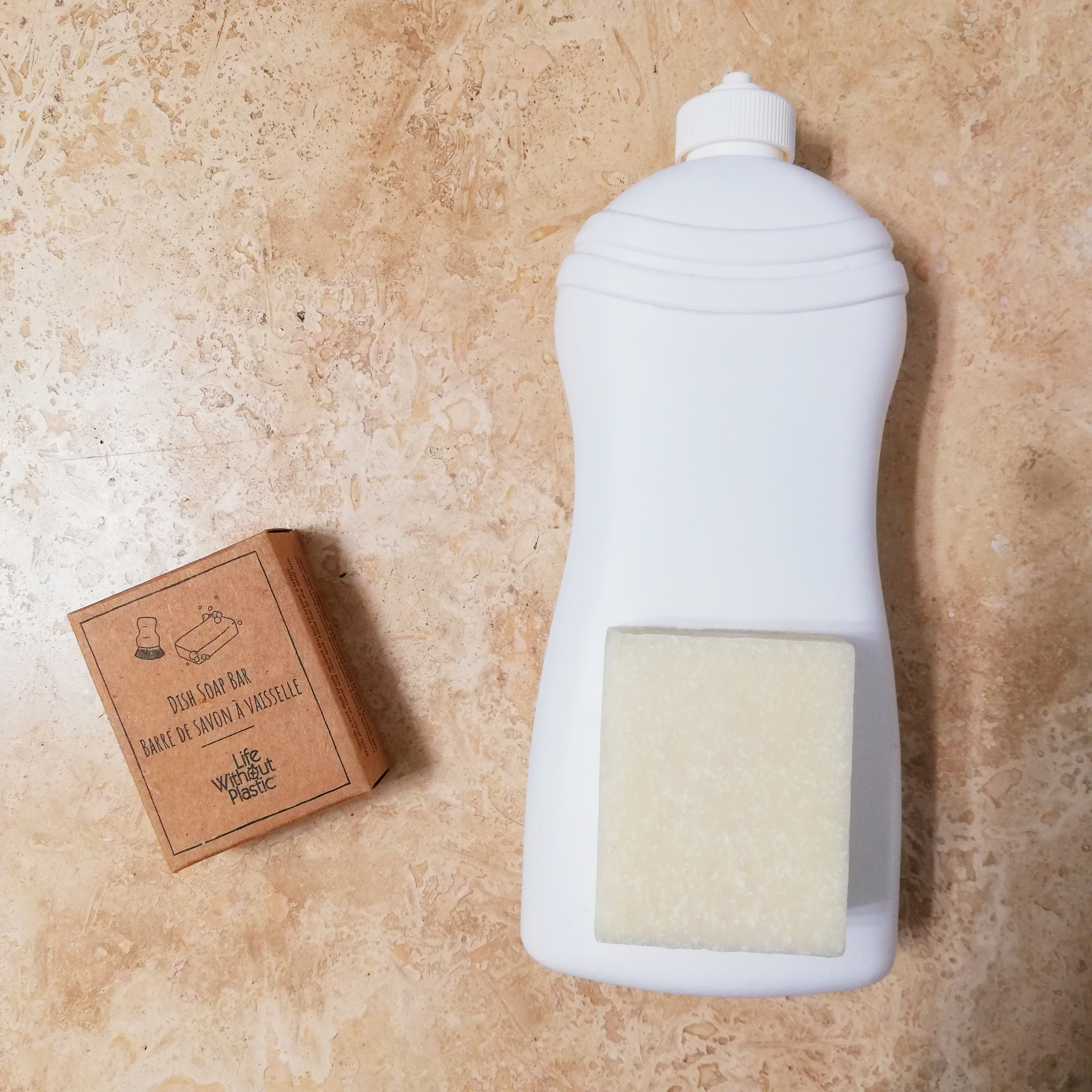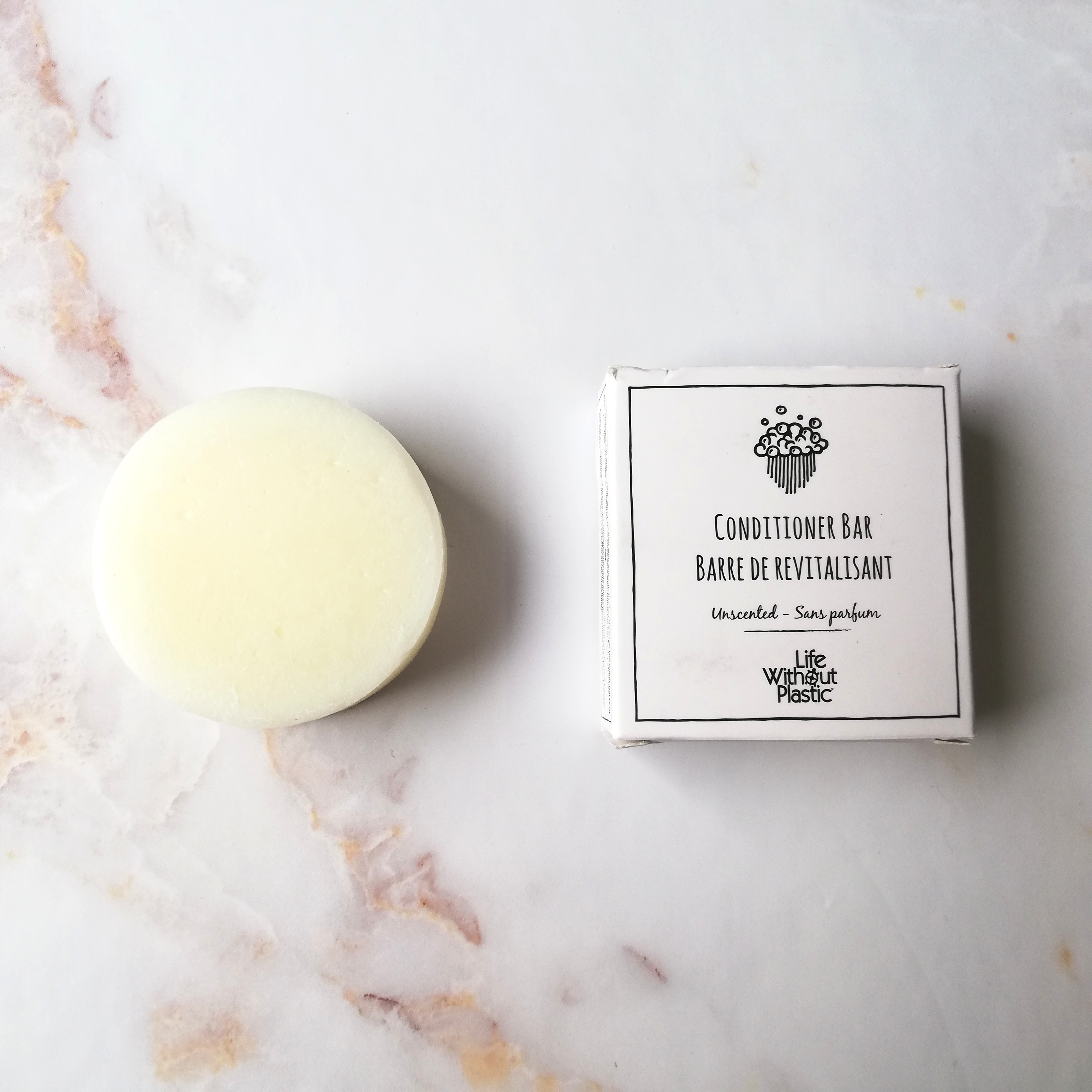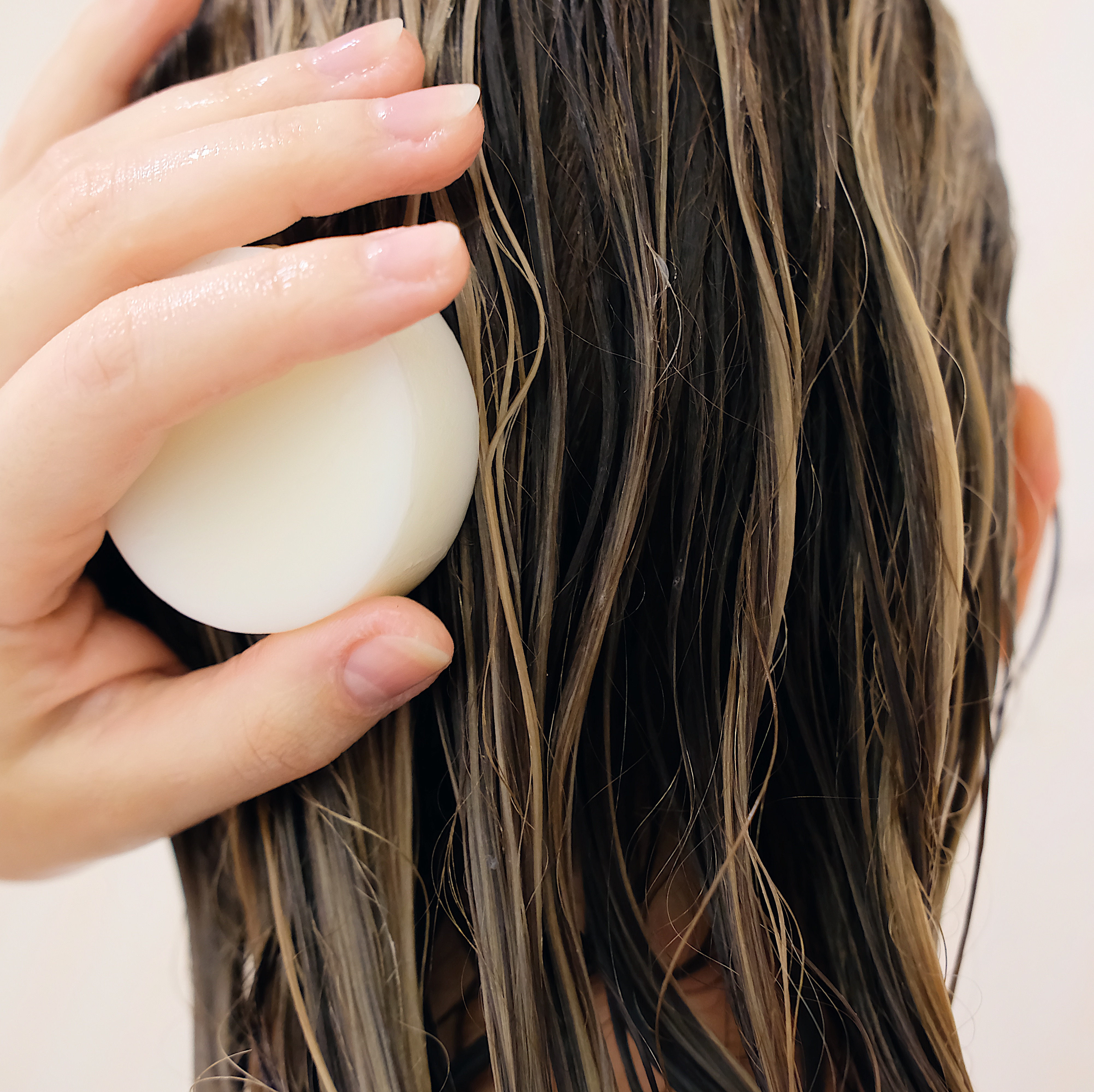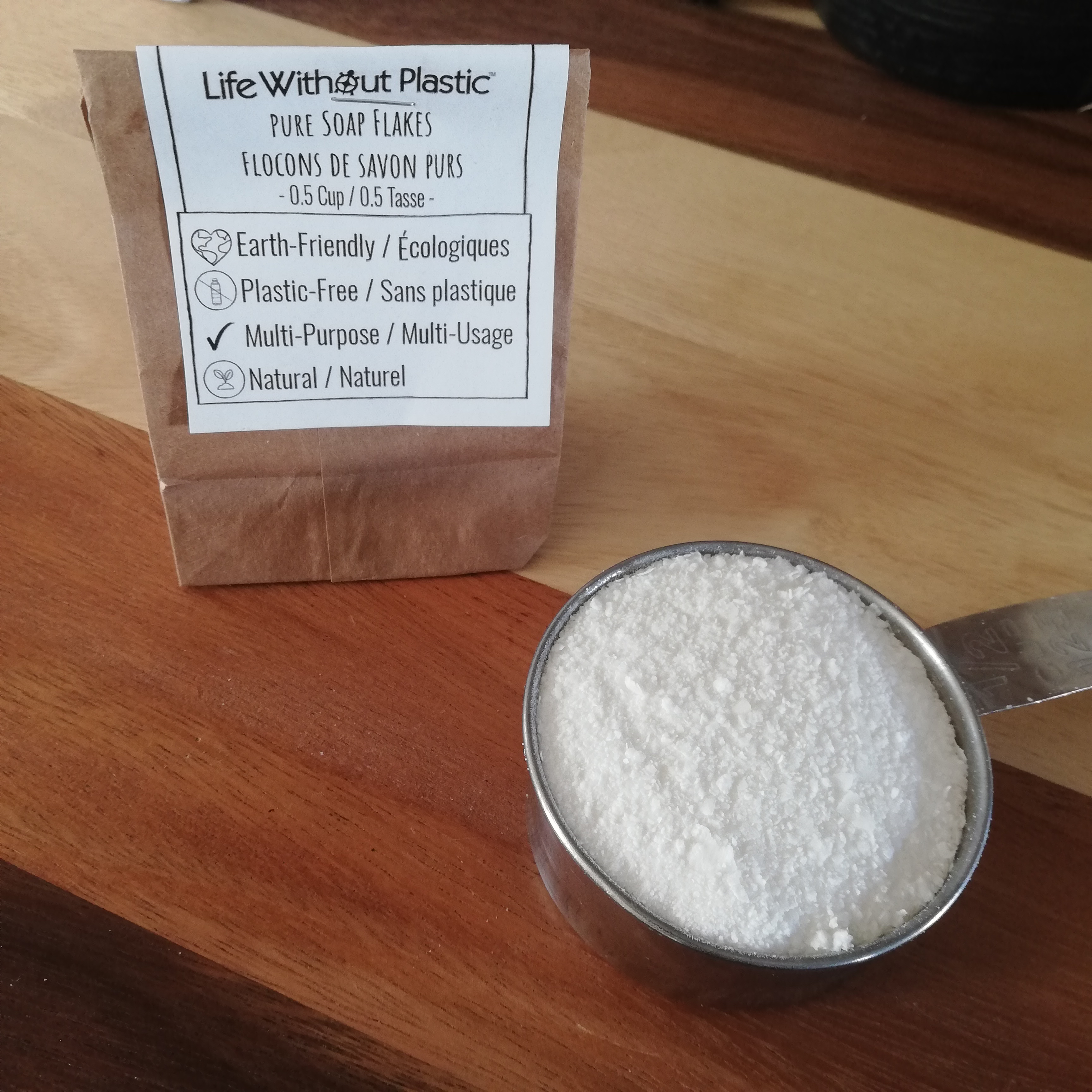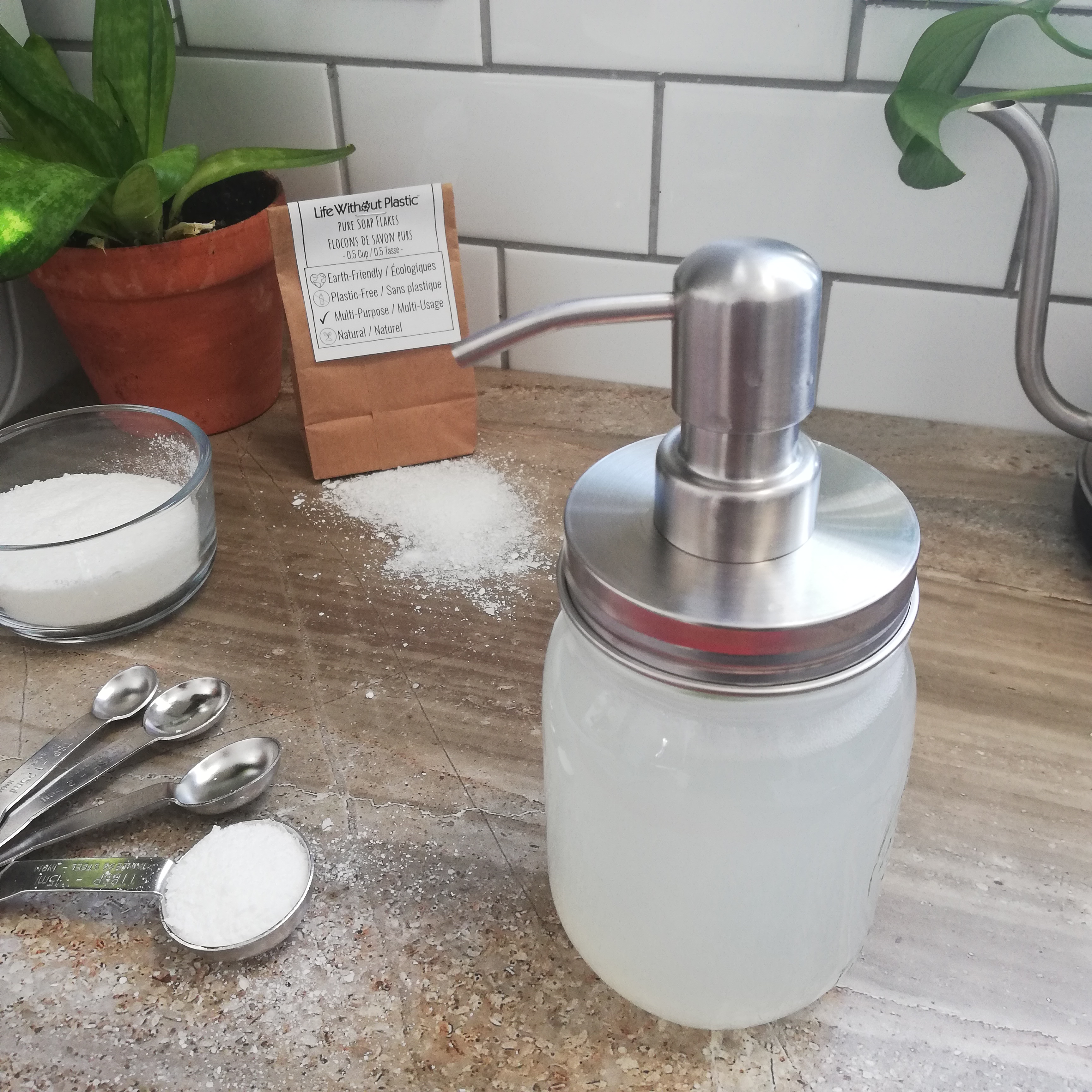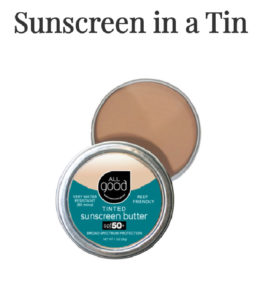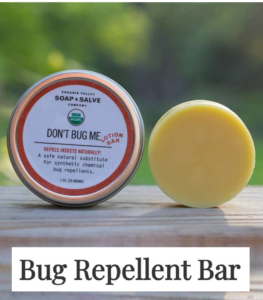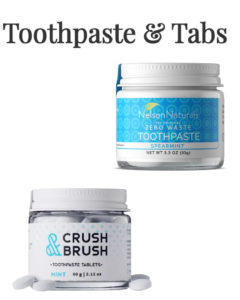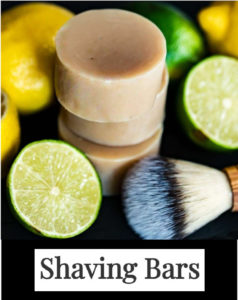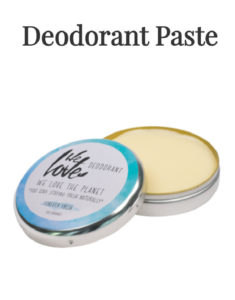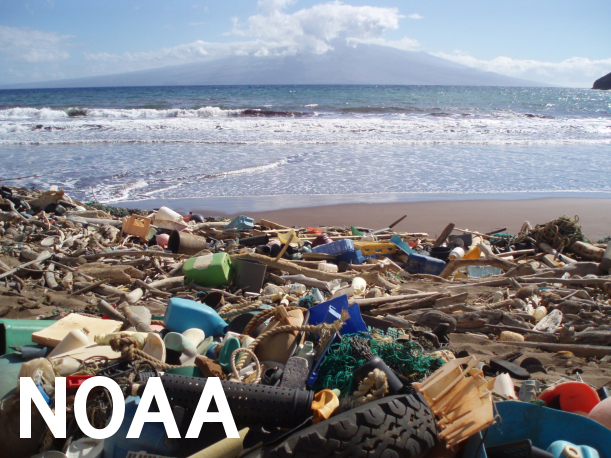
Many of our most common household staples like hair care products, laundry detergents, dish soaps, and cleaning supplies come in plastic bottles and need frequent replacing. Although the bottles are often recyclable, only about 9% of plastics actually get recycled globally. The rest ends up in landfills, incinerated, or contributes to the “millions of metric tons of plastic waste … entering the ocean each year” (NOAA). The good news is that consumables like this present a significant opportunity to improve our environmental impact in more ways than one!
Why are we shipping water?
Plastic is unfortunately a nifty option for liquid items because it is leakproof, cost-effective, and less breakable than other more Earth-friendly alternatives. So, if liquid products require plastic, what if we remove water from the equation? How so? By switching to solid alternatives like concentrated consumables!
Concentrated options make so much more sense! For one, they require less water to make the product itself. Thus, they reduce water waste simply by not using so much water. Additionally, concentrated bars pack into smaller boxes and create lighter shipments. This means less water being carted around the globe, and ultimately fewer associated greenhouse gas emissions during transportation.
Beyond reducing water waste and emissions, solid bars also allow for plastic-free packaging, so less overall pollution! As stated in The New Plastics Economy report, in a business-as-usual scenario, by 2050 there will be more plastic in the ocean than fish (by weight) (Ellen MacArthur Foundation). This scary statistic demonstrates the immediate need to use less plastic, but where to start? Last week we showed swaps for the kitchen, this time we’ve got ideas for all around the house!
Reasons we LOVE our LWP Concentrated Consumable Solid Bars
![]() Plastic-free
Plastic-free
![]() Less water waste
Less water waste
![]() Less greenhouse gas emissions
Less greenhouse gas emissions
![]() Handmade in U.S.A
Handmade in U.S.A
![]() Biodegradable
Biodegradable
![]() Petrochemical-free
Petrochemical-free
![]() Vegan
Vegan
![]() Phosphate-free
Phosphate-free
![]() Compostable packaging
Compostable packaging
Dilutable Laundry Bar
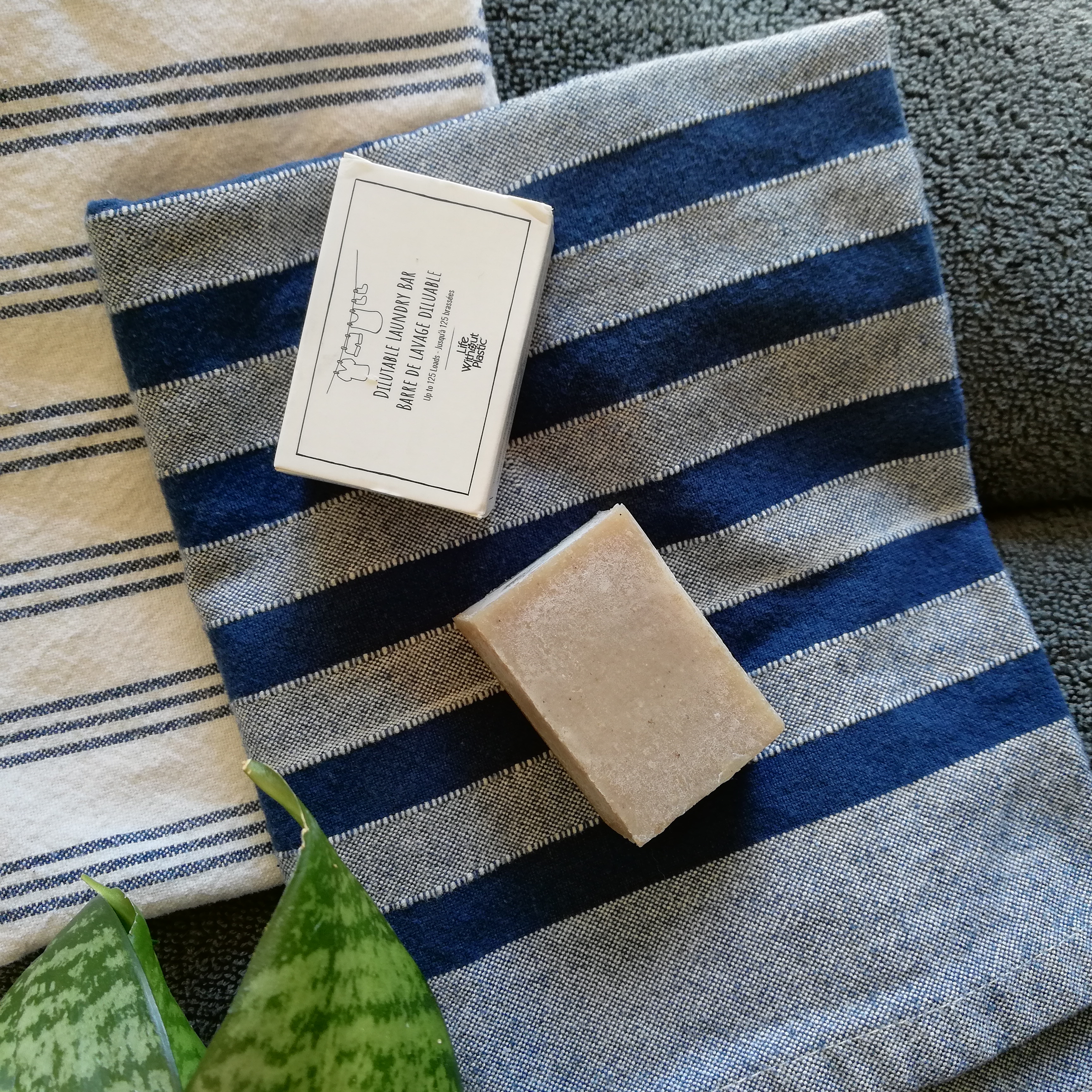
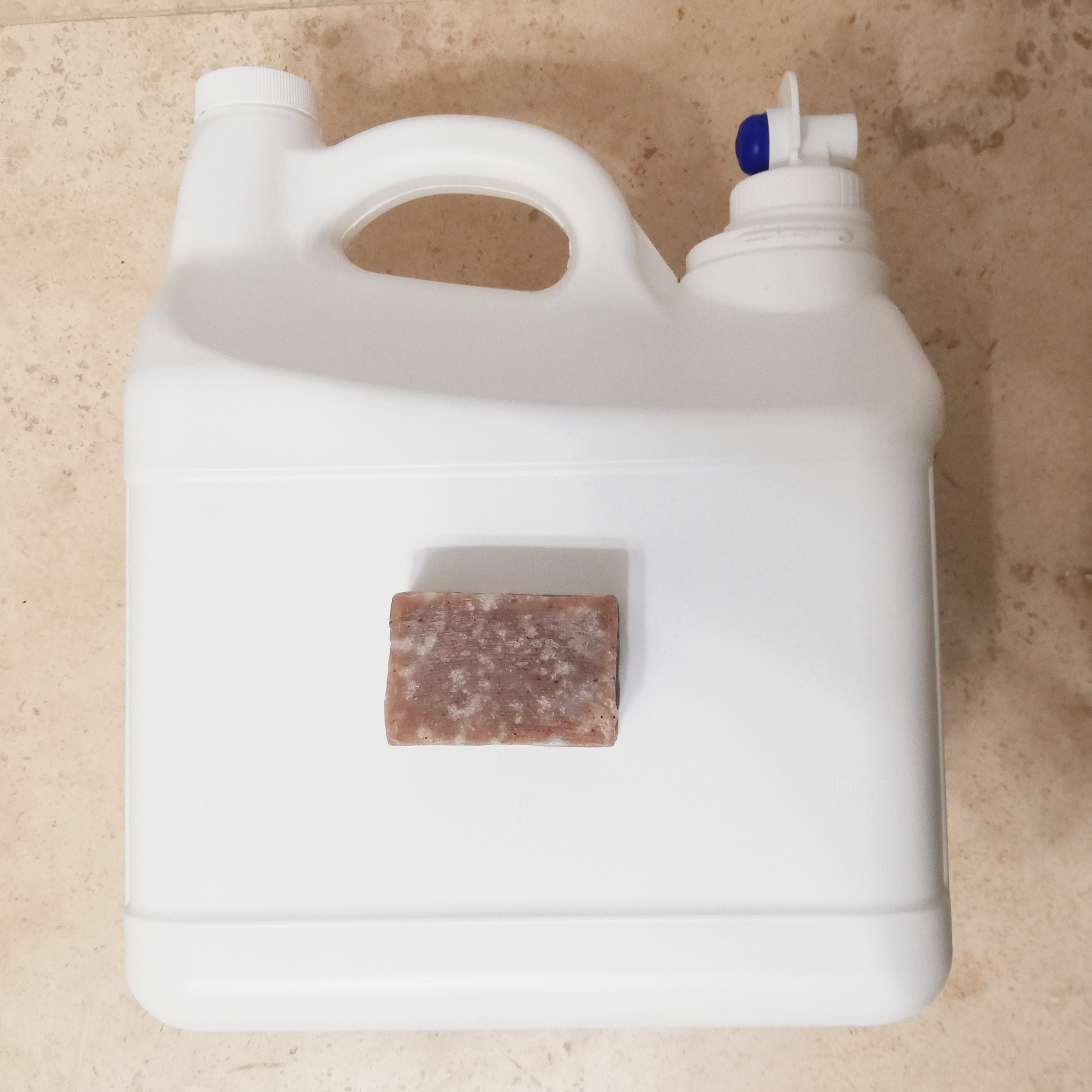
This little laundry bar packs a big punch! It is smaller than a deck of cards but can wash as many loads as the white 5 liter jug shown in the photo! Dilute a full bar in 1.9 L / 64 oz of water and get up to 125 loads of laundry done! Or cut the bar and dilute just what you need! Considering “U.S. consumers wash more than 660 million loads every week” (Chron), we could seriously reduce waste just by tackling laundry alone! Hello solid bars!
Ingredients: plant based soap of coconut & olive oils, soap nuts liquid, yucca powder (washing), baking soda (freshening), oxalic acid (whitening & stain lifting), salt (water softening), rosemary oleo resin (preservative).
Solid Dish Soap Bar
To use a dish soap bar, simply place it in a soap dish, wet your brush or cloth and rub it against the bar until a little lather forms, then wash dishes as usual! It’s a different technique, but just as effective for cutting through grease. Made with only four simple, natural, and vegan ingredients. Again we say, hello solid bars!
Ingredients: coconut oil, shea butter, olive oil pomace, and sea salt.
Solid Shampoo Bars
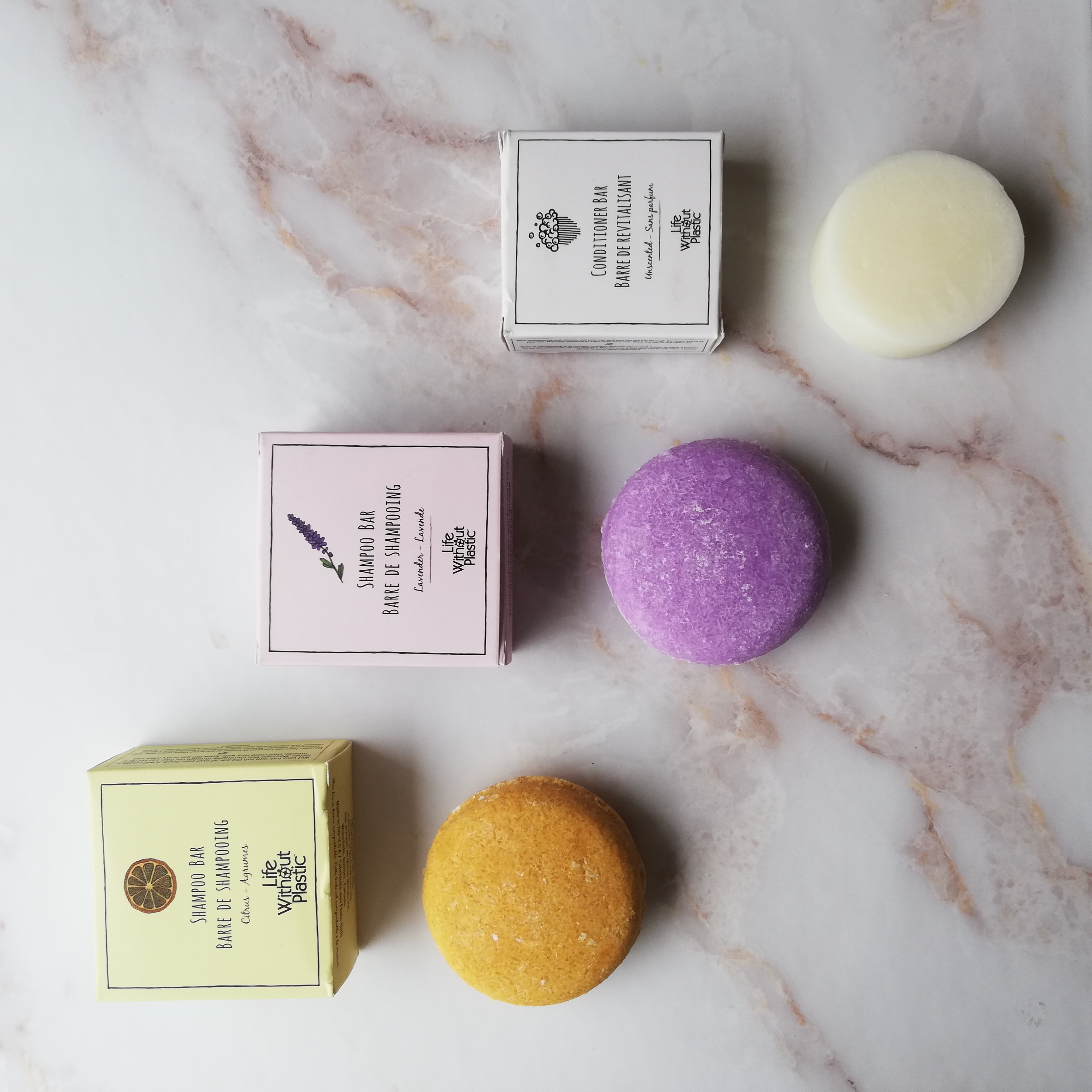
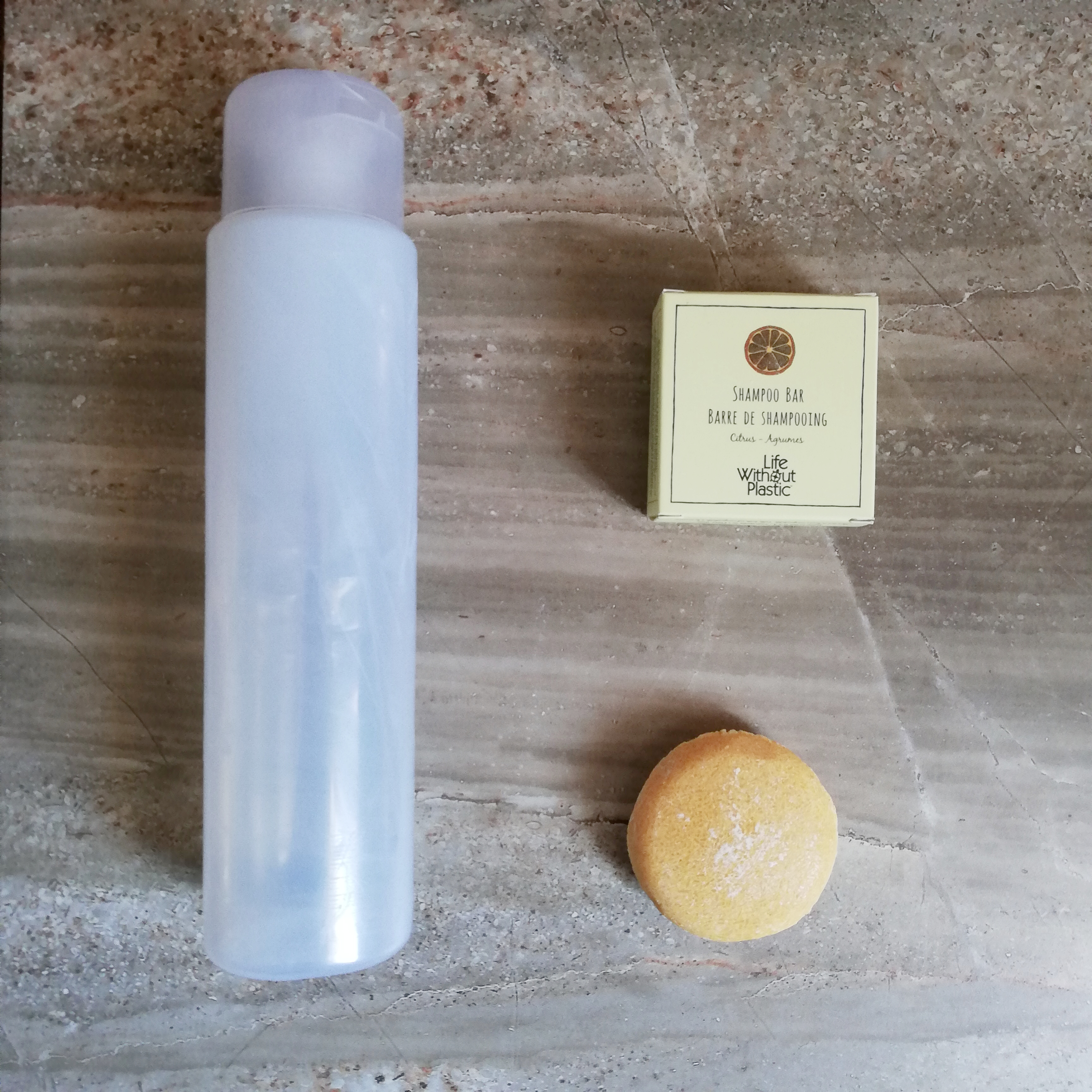 After testing dozens of shampoo bars, we finally found one that ACTUALLY works! It lathers well, cleans thoroughly, and doesn’t leave hair dry, greasy or with a film. This all-natural bar is a reliable plastic-free alternative to ones that come in plastic bottles and that can contain harsh ingredients like parabens, phthalates, formaldehyde, and other toxic chemicals.
After testing dozens of shampoo bars, we finally found one that ACTUALLY works! It lathers well, cleans thoroughly, and doesn’t leave hair dry, greasy or with a film. This all-natural bar is a reliable plastic-free alternative to ones that come in plastic bottles and that can contain harsh ingredients like parabens, phthalates, formaldehyde, and other toxic chemicals.
Citrus bar ingredients: coconut oil, water, sodium coco sulfate, french yellow clay, blend of wild orange, palmarose, pink grapefruit essential oils.
Lavender bar ingredients: coconut oil, water, sodium coco sulfate, purple mica, lavender essential oil.
Solid Conditioner Bar
The conditioner bar is a great companion to the shampoo bar. Simply rub it in the ends of wet hair and massage downwards away from the roots. It luxuriously conditions and moisturizes the hair leaving it silky but never greasy. The conditioner bar is unscented, so it goes with either shampoo bar! Hello again solid bars, this time for hair!
Ingredients: emulsifier blend (cetearyl alcohol, behentrimonium methosulfate), cocoa butter, cetyl alcohol, coconut oil, glycerine USP, extra virgin olive oil, wheat germ oil, jojoba oil.
Pure Soap Flakes
Doing a little DIY can go a long way in reducing plastic pollution. These pure soap flakes are a part of our quest to prevent the shipping of water and plastic. These pure soap flakes are exceptionally versatile and can be mixed with water and other ingredients to make all kinds of cleaners, like hand soap, dish soap, laundry detergent, all purpose cleaners, scrubbing cleaners, and more!
Check out our virtual DIY soap flake recipe booklet here.
Other Solid Solutions
Author: Sarah W
Resources
Laundry facts speak volumes about family habits, Chron – https://www.chron.com/life/article/Laundry-facts-speak-volumes-about-family-habits-2091022.php
Ocean pollution, NOAA – https://www.noaa.gov/education/resource-collections/ocean-coasts/ocean-pollution
The New Plastics Economy, Ellen MacArthur Foundation – – https://www.newplasticseconomy.org/assets/doc/EllenMacArthurFoundation_TheNewPlasticsEconomy_Pages.pdf
The world’s plastic pollution crisis explained, National Geographic – https://www.nationalgeographic.com/environment/article/plastic-pollution
What Will Happen If We Don’t Save the Ocean, Naturecode – https://naturecode.org/ocean-preservation/

